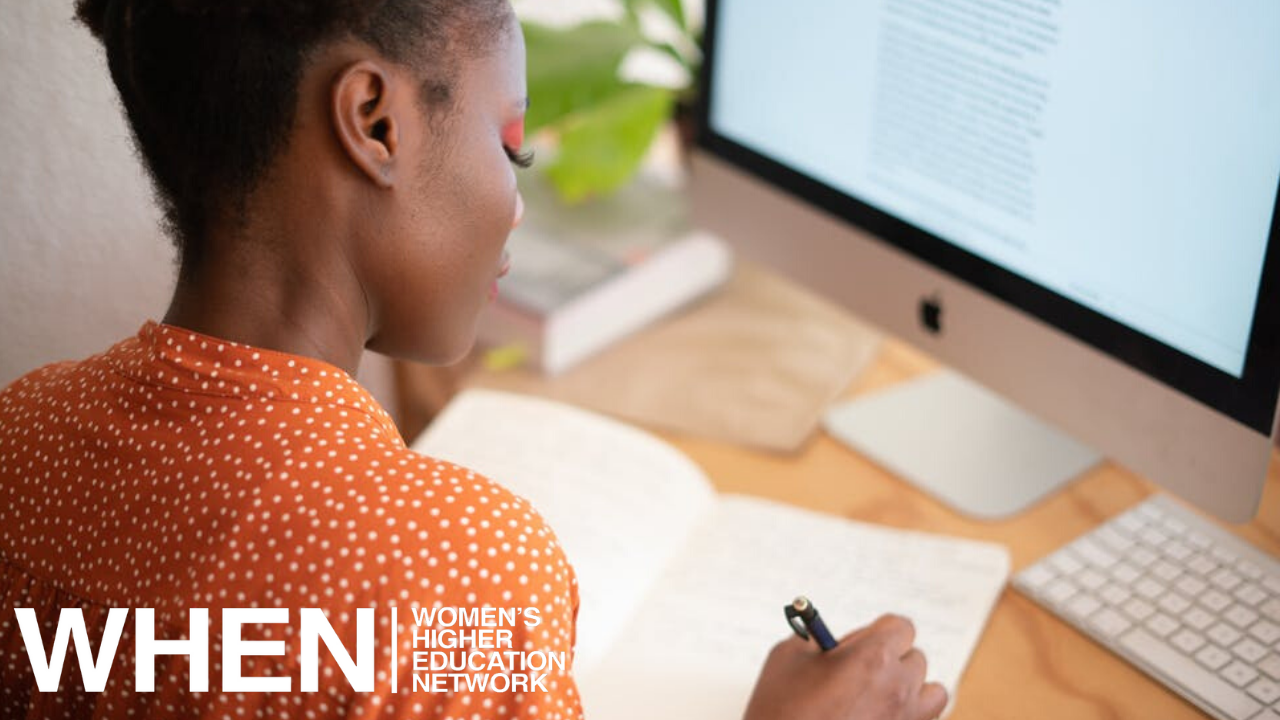
Avoiding bystander syndrome: Five ways to support your Black colleagues/community
Jun 12, 2020Written by Evelyn Eguridu, Head of HR and Rhoda Fasunan, IT Procurement Manager, UCL
We have all been in situations where we have seen something happening and know that it is not right, yet from the sidelines we observe and say nothing. As the conversation on racism is resurrected, many will remain silent, through fear of judgement, fear of not wanting to say the wrong thing or simply because it does not impact them directly feigning ignorance.
Like many born and raised in London, a city heralded as a cultural melting pot, a cosmopolitan sweet haven, we begin on an emotional marathon exchanging harrowing stories of how we have been impacted by racism. We discuss the subtle micro aggressions faced in the workplace by our white peers, who are often surprised by how “articulate” or well spoken they’ve deemed us to be. Passion continuously chastised as aggression, and ambition being seen as a threat, often leading us to be bypassed for promotion, without justification. In the security of your home you are reduced to tears and are quickly reminded of all the prep and home training you’ve received for these moments.
This is the experience of many Black people across the UK today irrespective of their socio-economic background and status; systemic racism is deep rooted in many organisations, firmly entrenched in its operations, right from recruitment practices through to promotion and reward. This continues to feel like a slap in face for a community that has and continues to contribute so much to society.
As the purpose of this article is not to prove to you systemic racism exists, we will leave you with this: In a study published in 2019, the journal Frontiers in Sociology suggested that Britain is one of the least racist countries in Europe. However as critically acclaimed rapper Dave rapped “The least racist is still racist” and on that note we’d like to make 5 suggestions on how you can support Black colleagues and your community as a whole:
- Check-in on your Black colleagues
It’s been a tough few months, finding out that Black and Minority Ethnicities have a disproportionately higher chance of contracting and dying (yes death!) from COVID-19 to being left traumatised by a video of a Black man with a knee on his neck for over 8 minutes. Yes, this happened in the US however we’ve all been forced to relive our past and current experiences.
- Pull-up-or-shut-up
Quite simply, this is a call to individuals and organisations ‘to put your money where your mouth is’. It is not enough to post a Black square, or quote Black Lives matter. Ask uncomfortable questions, challenge your organisation on their diversity stats, specifically what proportion of the Exec/C-suite is made up of Black people and what are they doing to change this. We refuse to believe we are lacking those all essential leadership qualities.
- Educate yourselves, children and family
Racism exists in many forms, coupled with the challenges of intersectionality such as gender and sexual orientation. Nobody is born racist this is a learned behaviour. Speak to your children about race and current affairs; diversify the books that they are reading and TV programmes they are watching. Call out and constructively challenge direct and indirect discrimination, even if it is family member.
- Listen and Learn
When your Black colleagues are talking about racism it’s important to listen to their lived experiences, the “race card” is a myth, nobody wants to believe they are being discriminated against on the basis of their skin colour, however this is still happening in 2020. Too often Black people are ignored, with the onus placed on us to prove it, told tone it down or just move on as we are “imagining things” but we are not!
- Become an ALLY
Advocate and take action on behalf of your Black colleagues, friends and the families you know. Dismantling the systemic oppression of Black people will be monumental in addressing equality worldwide and it starts with you. If you are in a position of privilege, power or leadership use this to change the systemic inequalities in organisational policies and processes that impact Black people. Be Brave, Be Bold!
I would like to leave you with this powerful statement influenced by a tweet.
In years to come, whether you like it or not the events of 2020 will be written in history and your children will be educated on these events. They are going to ask what you did during this period. How wonderful will it be to say you contributed to tearing down the systemic oppression of Black people? On the other hand, think of how uncomfortable it would be to have sat on the side lines where you did not use your voice, power, privilege or position in society to dismantle this beast called racism.
Helpful resources to get you started.
Books for Children
A kids book about racism by Jelani Memory
Little Dreamers: Visionary Women around the world by Vashti Harrison
Look up by Nathan Bryon and Dapo Adeola
https://www.penguin.co.uk/articles/children/2019/jun/childrens-books-with-black-characters.html
"Face The Rear"
This clip was intended to be humorous but it's pretty terrifying to see how easy it is for people to conform to group behaviour:
https://www.youtube.com/watch?v=aOOsfkM-nGQ
HBR article on bystander intervention in the context of harassment May 2020:
https://hbr.org/2020/05/confronting-sexual-harassment#if-something-feels-off-you-need-to-speak-up
Interrupting Bias: Calling out vs Calling in:
Helpful guide for intervening, and finding the right words to say.

